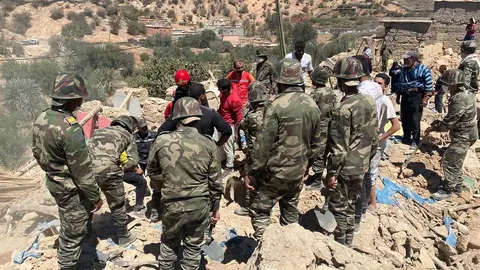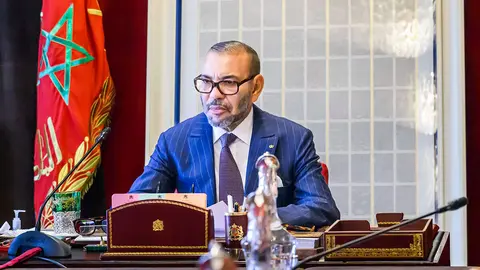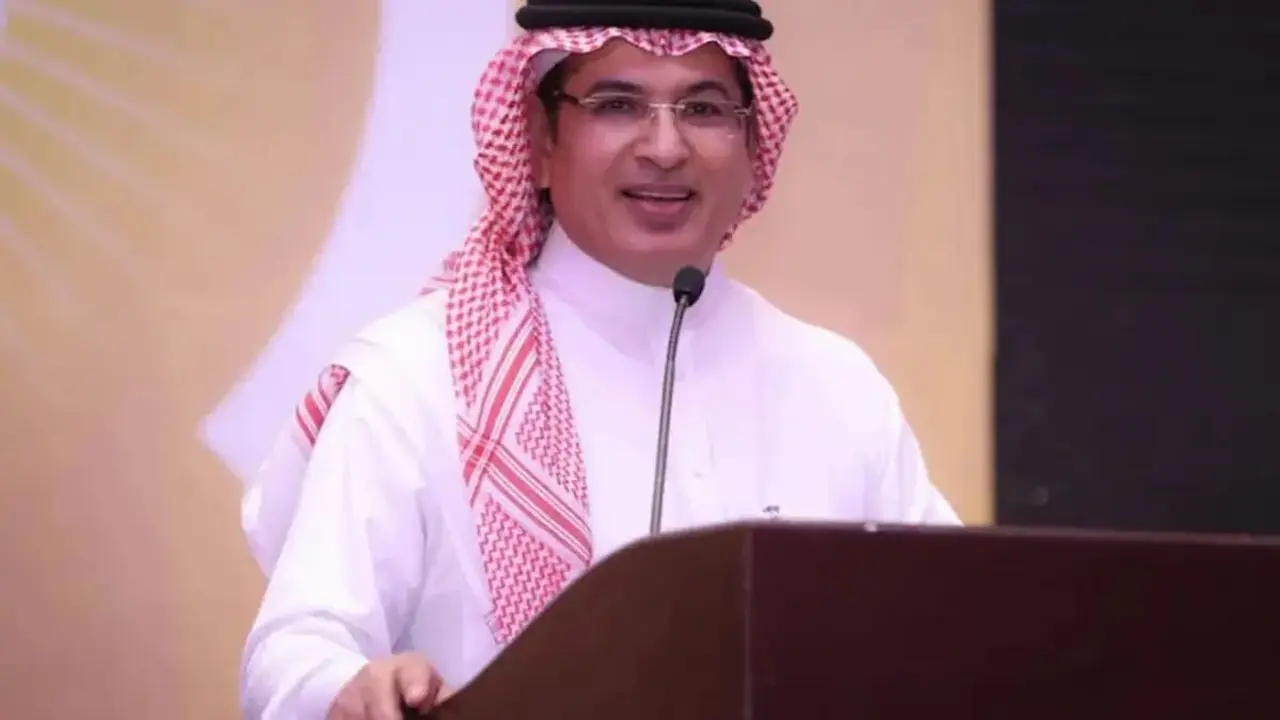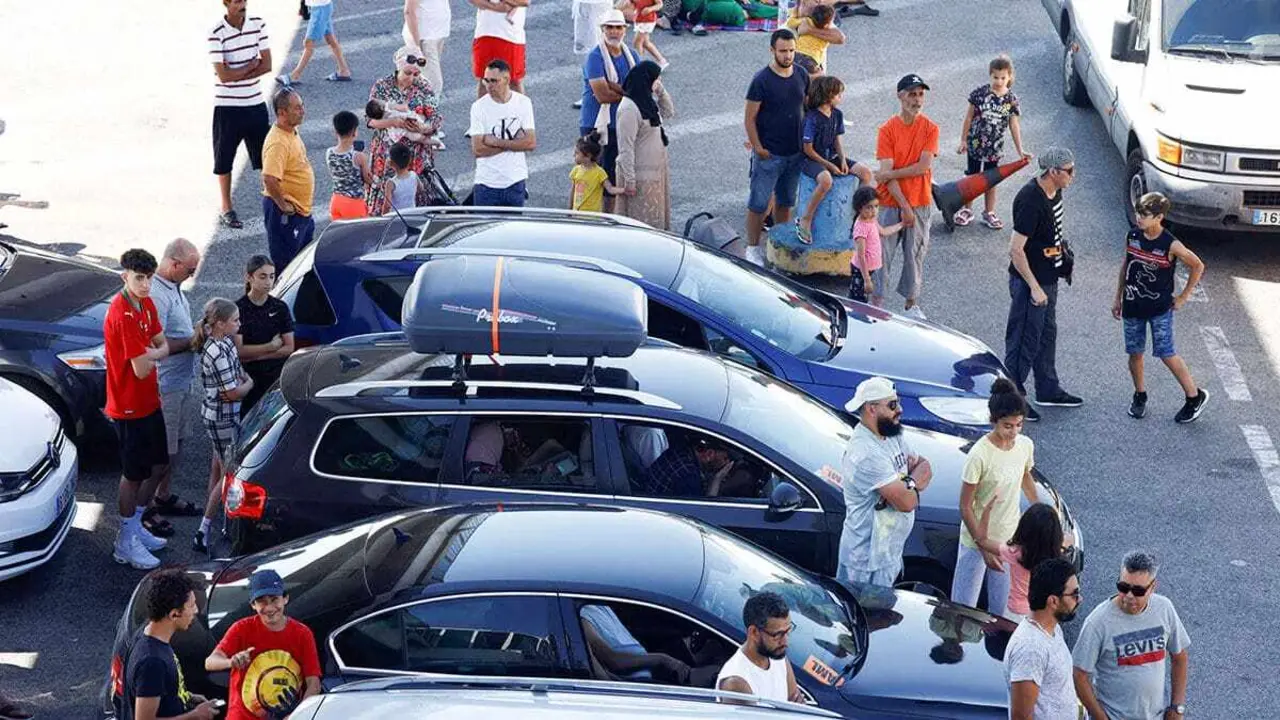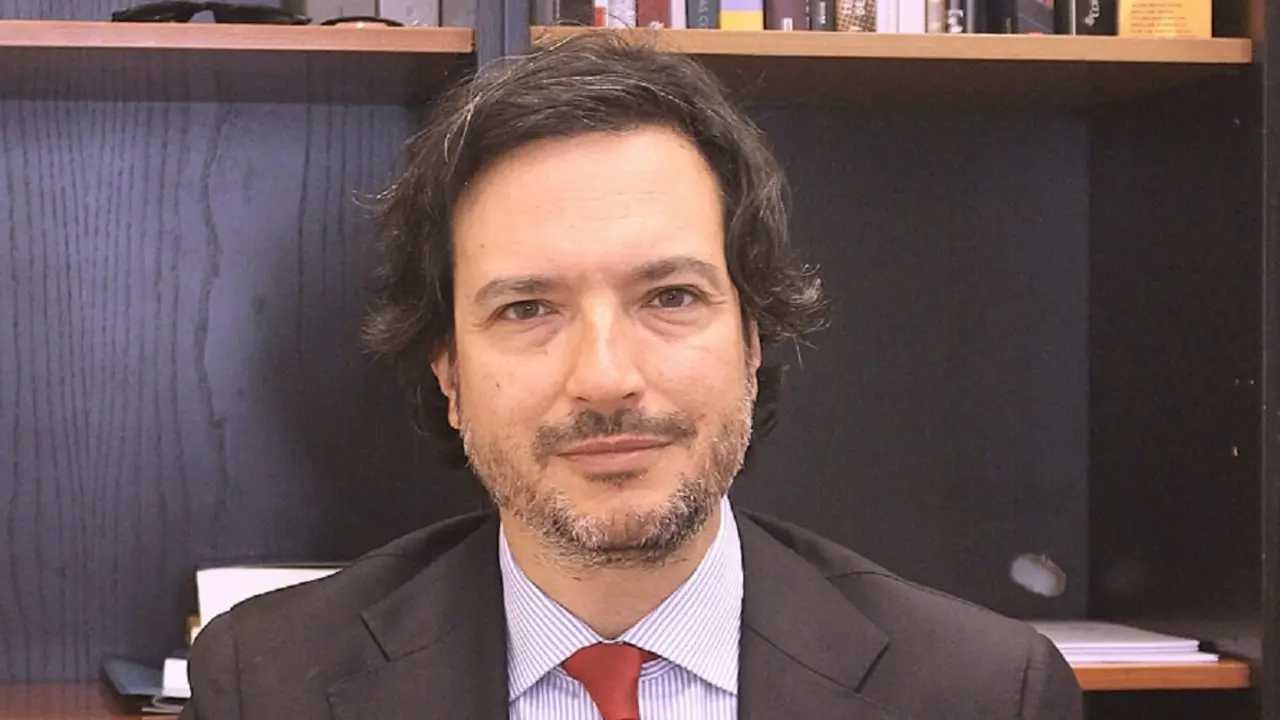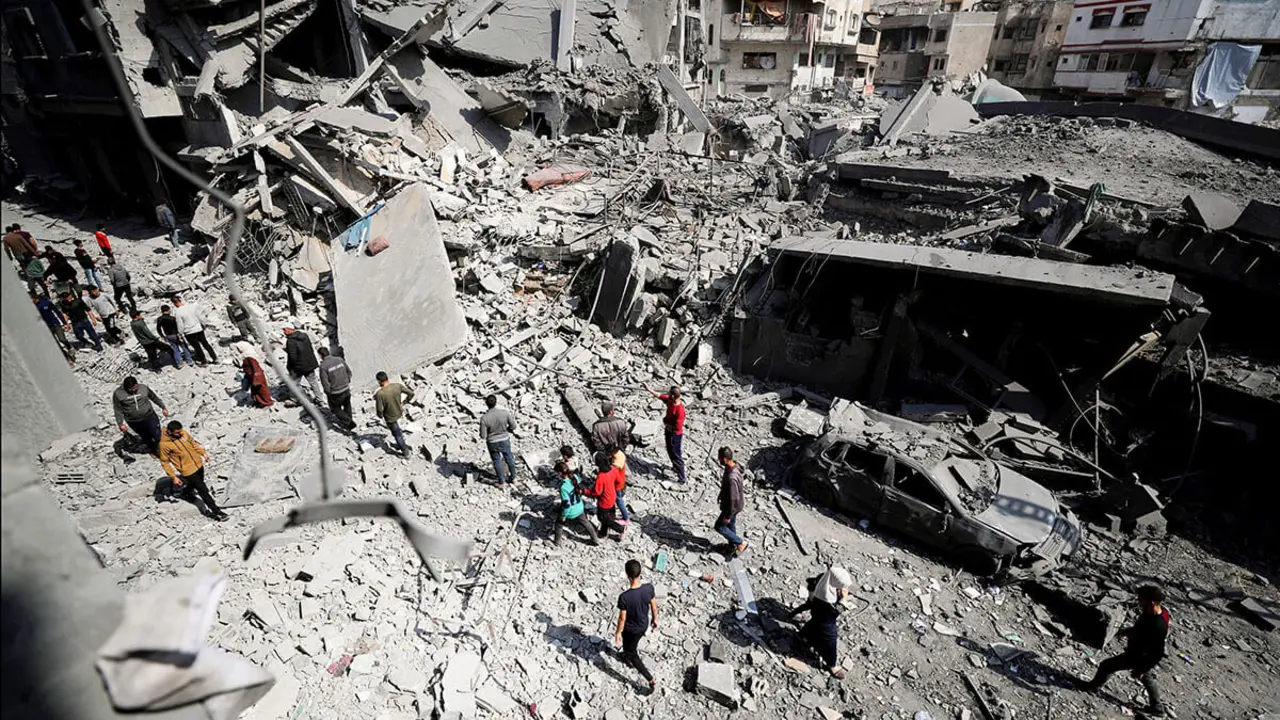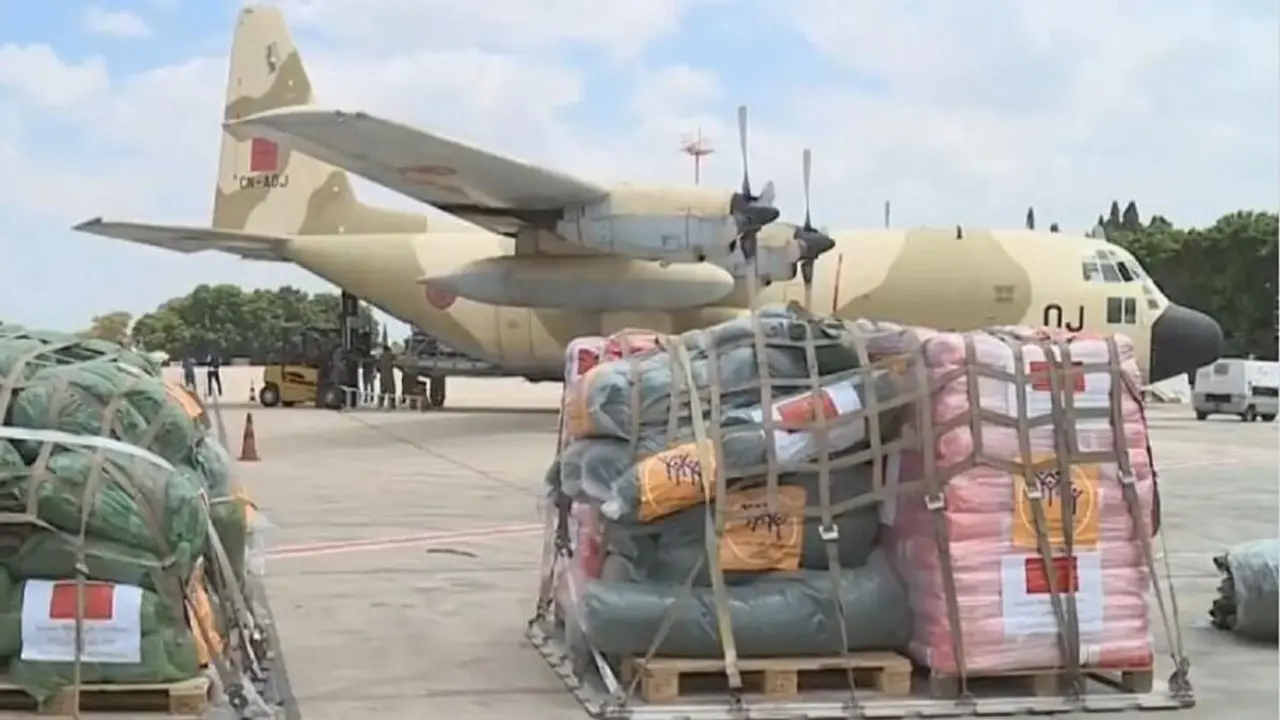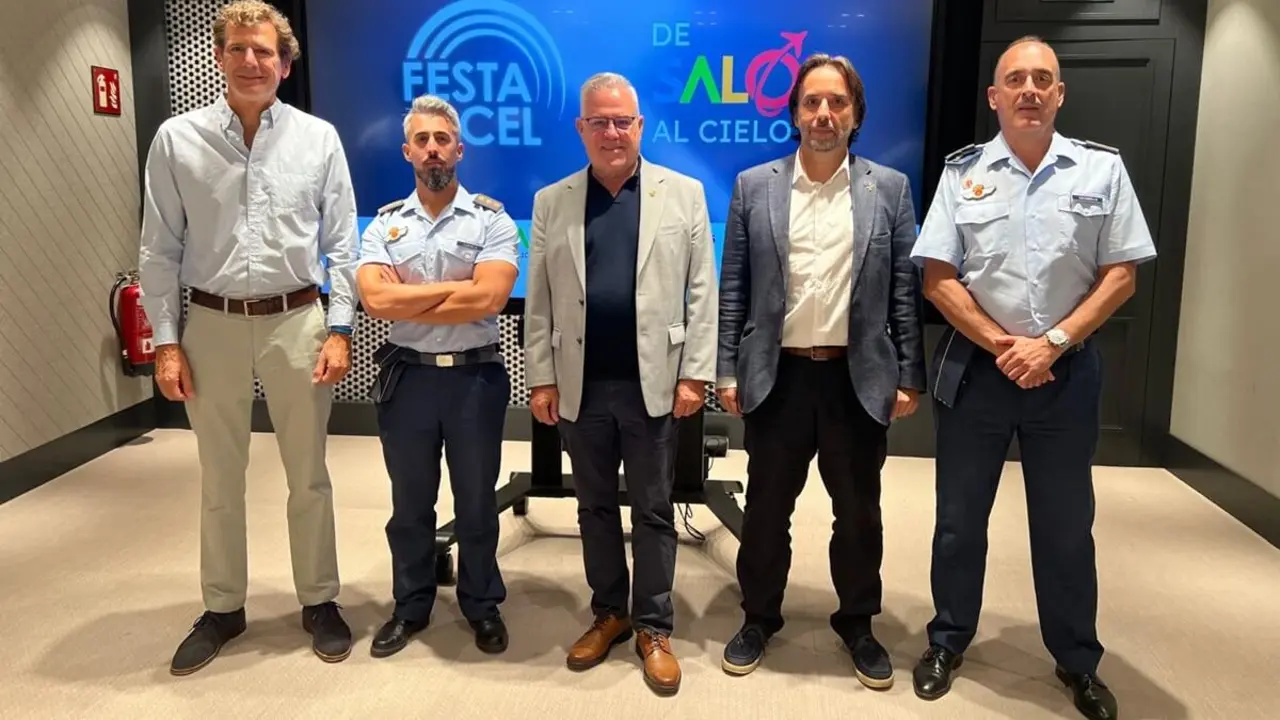The UME returns from Morocco after rescue operations

Spain's Military Emergency Unit (UME) has returned from Morocco after 11 days in the country collaborating in the rescue operations following the earthquake that killed approximately 3,000 people.
The 56 members of the team and the four search dogs that travelled to the North African nation landed at the Zaragoza Air Base aboard an Air Force A-400 that took off from Amizmiz, a town southwest of Marrakech and one of the epicentres of the earthquake.
Los 56 miembros de la @UMEgob y sus 4 perros de búsqueda, llegan a la BA de Zaragoza, en un avión A400 del @EjercitoAire,
— Ministerio Defensa (@Defensagob) September 20, 2023
después de 11 días colaborando en la búsqueda y rescate con servicios de emergencias y apoyando a los ciudadanos de Marruecos 🇲🇦tras el terrible terremoto… pic.twitter.com/0rkS6Afmw1
On their arrival in Spain, they were met by General Francisco Javier Marcos Izquierdo, who has just taken up his post as the new head of the UME, and the head of his battalion, Lieutenant Colonel Joaquín Núñez, and the head general of the base, Santiago Ibarreta, according to the local newspaper El Heraldo de Aragón.
The newspaper also points out that the team sent to Morocco carried out fifteen search and rescue operations in different localities in the Atlas area, in coordination with national and international teams. In addition to Spain, Rabat has accepted the help of the United Kingdom, the United Arab Emirates and Qatar.
Estos son los héroes de cuatro patas 🐕🦺 que están realizando una labor vital tras el #TerremotoMarruecos. Persa, Lume, Vamdam y Chula, enviados por @UMEgob para buscar supervivientes 🇲🇦💪 La labor de las unidades cinológicas en nuestras #FuerzasArmadas es crucial.🙌 pic.twitter.com/OSp7VUe8VD
— Ministerio Defensa (@Defensagob) September 15, 2023
The team is "exhausted but happy to have alleviated some of the suffering" of the Moroccans, as the rescuers told EFE. The head of the UME's Urban Search and Rescue (USAR) team, Enrique Bascuas, told the news agency that they never gave up hope of finding people alive.
However, the architectural typology of the buildings and the walls prevented the formation of air pockets after the collapse of the buildings and, therefore, there were no options, he explained.
Hoy el equipo #SPUSARUME @UMEgob ha realizado búsqueda técnica y con apoyo cinologico🐕 en las localidades de Imi N'Tala📍 junto al equipo UK ISAR 🇬🇧 y en Ait Hmid📍 junto @guardiacivil @policia @bomberscat @BomberosMad y @BomberosGranada #زلزال_المغرب#TerremotoMarruecos pic.twitter.com/qIKOXkLSnS
— UME (@UMEgob) September 13, 2023
Due to this situation, Bascuas said that they worked to support the Moroccan authorities in rescuing the bodies, a "delicate and sad" task, but one that has been appreciated by the country's citizens. In this sense, the head of the USAR acknowledged that both the civilian population and the military authorities showed solidarity and affection for the Spanish rescue forces at all times.
Bascuas defined the situation in the country as "very demanding and demanding", but stressed that the UME "has given its all" and is "happy to help such an affected nation".
The UME sent to Morocco highly qualified personnel certified by the United Nations, as well as a wide variety of technical search equipment, such as geophones, telescopic cameras, radar and machinery capable of moving and cutting large concrete structures, reports EFE.
The Minister of Defence, Margarita Robles, applauded the "excellent work" of the contingent, saying she felt "proud" of them, "like all Spaniards". The minister underlined their "professionalism and effort", pointing out that these rescue operations "have been an example of what the UME knows how to do".
Militares de @UMEgob, con la ayuda de los 🐕🦺 perros especializados, buscan supervivientes entre los edificios derrumbados tras el 🏚️ terremoto en #Marruecos, en la zona de Anougal.
— Ministerio Defensa (@Defensagob) September 11, 2023
¡Gran trabajo! 💪 #ParaServir#FuerzasArmadas 🇪🇸 pic.twitter.com/TwjcUJC2ul
The King of Morocco, Mohamed VI, has also praised the work of the UME, thanking them for their efforts in the rescue operations. In a letter he sent to Lieutenant Colonel Juan Saldaña, head of Spain's Military Emergency Unit (UME), the monarch said he was "deeply moved personally" by the support, "as are all the Moroccan people".
The King also expressed his great pride and appreciation for this generous participation of the Spanish unit and for the depth of the solid and fraternal ties of effective solidarity that unite the Spanish and Moroccan peoples.

